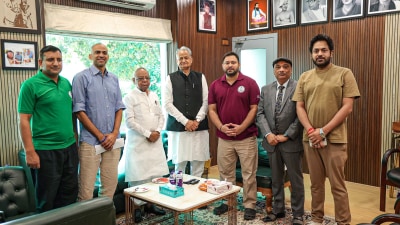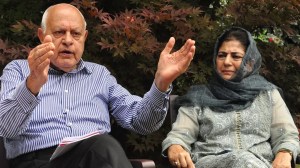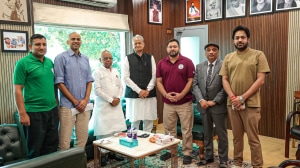Rajasthan, Madhya Pradesh, Chhattisgarh: The Congress CM choices — for and against
The Indian Express looks at the key contenders for the post of CM in Madhya Pradesh, Rajasthan and Chhattisgarh, and what could work to the advantage or disadvantage of each.
 Who will be Chief Minister of Madhya Pradesh, Rajasthan and Chhattisgarh? (Express Illustration by Suvajit Dey)
Who will be Chief Minister of Madhya Pradesh, Rajasthan and Chhattisgarh? (Express Illustration by Suvajit Dey)
Congress victories in Rajasthan, Madhya Pradesh, Chhattisgarh have set off lobbying for the CMs’ chairs. The Indian Express looks at the key contenders, and what could work to the advantage or disadvantage of each.
Rajasthan
Plus: At 41, Pilot fits well into Congress president Rahul Gandhi’s objective of reaching out to young, aspirational India. Ever since he took over as Rajasthan Congress president five years ago, Pilot has led the party from the front in taking on the BJP government over various issues. Under his command, the party won a series of bye-elections, which set the tempo for the final push.
Minus: Although the two-time Lok Sabha MP was a minister in the UPA government, party leaders say his administrative skills are yet to be tested fully and do not compare with Ashok Gehlot’s proven skills. Given that the government’s survival will depend on independents and smaller parties, leaders say experience will matter. Pilot hails from the Gujjar community and this, some leaders say, could prove to be a disadvantage in the Lok Sabha elections given the Gujjar-Meena divide in the state.
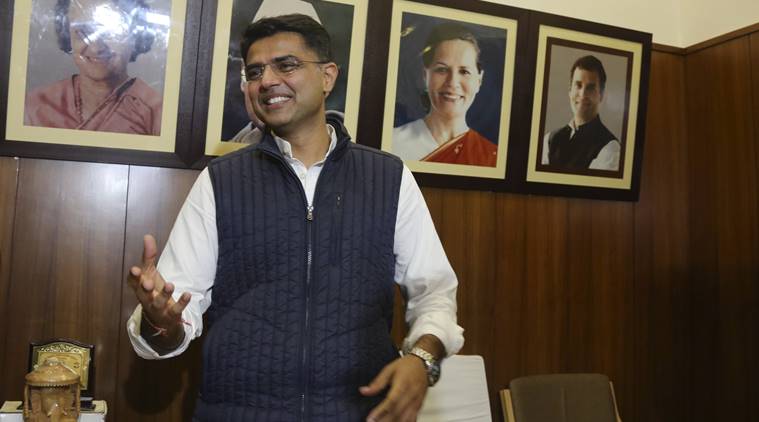 Sachin Pilot at the Congress office in Jaipur. (Express photo by Renuka Puri)
Sachin Pilot at the Congress office in Jaipur. (Express photo by Renuka Puri)
Rajasthan
Ashok Gehlot
Plus: The two-term Chief Minister has experience and is seen as an effective administrator. He is an organisation man, with a personal connect with leaders across the state, and also a mass leader acceptable and accessible across communities. He can set in motion the wheels of governance immediately in the limited time ahead of the Lok Sabha elections.
Minus: Gehlot carries the baggage of leading the party in two campaigns that ended in defeat, the last being in 2013, when the Congress could win only 21 seats. His name was linked to alleged housing and land allotment scams. Moving Gehlot to Jaipur could also create a vacuum at the national level.
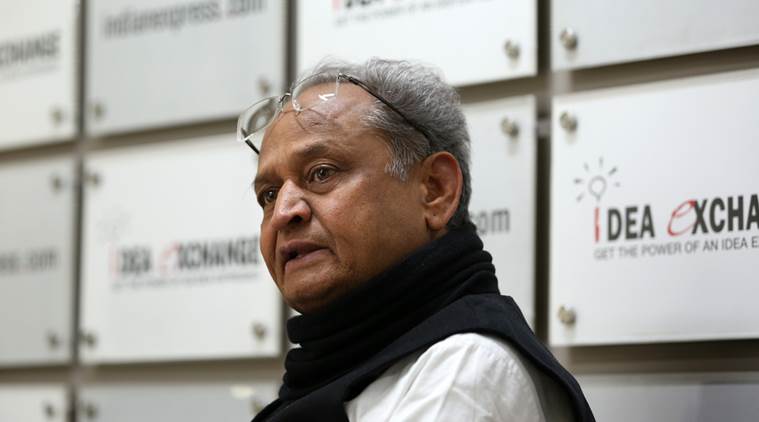 Ashok Gehlot carries the baggage of leading the party in two campaigns that ended in defeat, the last being in 2013 (Express file photo)
Ashok Gehlot carries the baggage of leading the party in two campaigns that ended in defeat, the last being in 2013 (Express file photo)
Madhya Pradesh
Kamal Nath
Plus: His long experience as a Union minister weighs in his favour. He is acceptable to most camps in the party state unit. His ability to reach out to the Opposition — glimpses of which were seen when he was Parliamentary Affairs Minister in UPA — can work in his favour, given the fact that the BJP is only marginally behind the Congress.
Minus: He has not invested heavily in local politics. He has largely confined himself to his Chhindwara Lok Sabha constituency which he has won nine times. Also, in a state where agrarian distress was a dominating narrative, his image is of a pro-industry man.
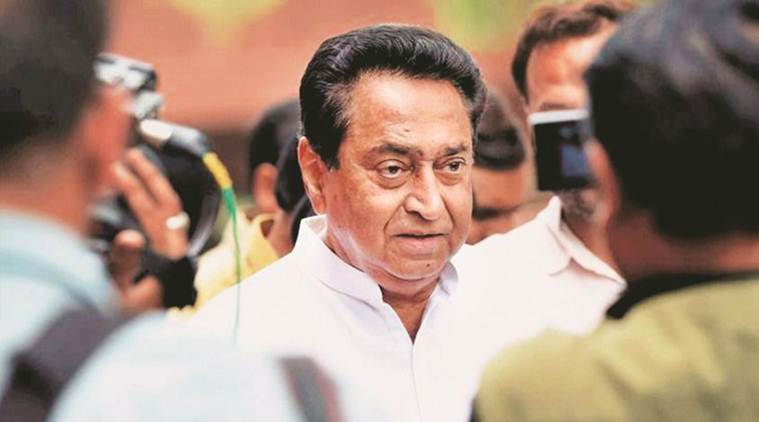 Kamal Nath. His long experience as a Union minister weighs in his favour. (File Photo)
Kamal Nath. His long experience as a Union minister weighs in his favour. (File Photo)
Madhya Pradesh
Plus: At 47, has an appeal among young voters. Seen as an emerging mass leader, he is articulate – as seen in Parliament, is credited with an understanding of modern governance needs and ways to address them, and he also enjoys the trust of the Congress leadership.
Minus: His detractors may say that his influence is limited to the Gwalior-Chambal belt. Some top leaders are wary of his emergence as a long-term challenger. His royal lineage may not fit well with the Congress’s attempt to identify itself with the common man.
 At 47, Jyotiraditya Scindia has an appeal among young voters. (Express File Photo by Tashi Tobgyal)
At 47, Jyotiraditya Scindia has an appeal among young voters. (Express File Photo by Tashi Tobgyal)
Chhattisgarh: Bhupesh Baghel
Plus: Combative and aggressive, he has led the party after almost the entire Congress leadership was killed in a Maoist attack in 2013. He took on the entrenched Ajit Jogi, which finally resulted in Jogi’s exit. Elevating him could send a signal to his influential Kurmi community and other backward groups ahead of the Lok Sabha elections.
Minus: He has faced controversies. Some leaders claim he is not accommodative. Rivals say that he has the ability to hobble the Congress if denied the CM’s chair.
Chhattisgarh
T S Singh Deo
Plus: Suave and soft-spoken, he belongs to the royal family of Surguja. Many see in him a potentially good administrator who understands the complexities of governance. The architect of the Janghoshna Patra campaign, he put together the party’s manifesto after meeting people from the ground across the state.
Minus: His lineage may given the Opposition a handle to hurl charges. He is one of the richest MLAs in a poor state.
 Suave and soft-spoken, TS Singh Deo belongs to the royal family of Surguja (Express Photo by Praveen Khanna)
Suave and soft-spoken, TS Singh Deo belongs to the royal family of Surguja (Express Photo by Praveen Khanna)
Chhattisgarh
Tamradhwaj Sahu
Plus: He is seen as a dark horse. Many in the party believe he has the potential to inflict maximum damage on the BJP during the Lok Sabha elections. He comes from the Sahu (OBC) community, and was recently inducted into the Congress Working Committee and also made the head of the OBC department. He is the only Congress leader in Chhattisgarh who was elected to the Lok Sabha in 2014.
Minus: He has never leveraged his caste to expand his clout. He is not seen as aggressive. While Baghel and Singh Deo served as state Congress president and Leader of the Opposition respectively, Sahu’s support among MLAs appears limited.





- 01
- 02
- 03
- 04
- 05


